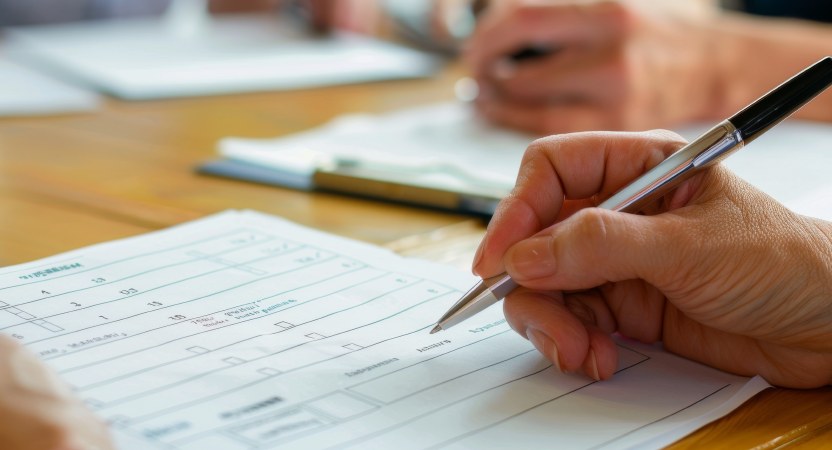 Applying for a visa can be challenging, especially for first-timers. Understanding the visa process is crucial. Below are 15 tips to help boost your chances of success:
Applying for a visa can be challenging, especially for first-timers. Understanding the visa process is crucial. Below are 15 tips to help boost your chances of success:
1. Understand the Requirements and Gather Documents
- Research the required documents for your specific visa type.
- Examples:
- Students: Acceptance letter, proof of funds, academic transcripts.
- Professionals: Job offer letters, work experience proof.
- Tourists: Travel itinerary, accommodation details, financial proofs.
- Fact: Incomplete documentation causes 30% of visa rejections annually (Ministry of External Affairs, India).
- Tip: Create a checklist, ensure all documents are accurate and current, and translate documents if needed.
2. Ensure Financial Stability
- Demonstrate financial means to support yourself.
- Examples:
- Bank statements (last 6 months).
- Sponsorship letters with financial details.
- Proof of employment (salary slips, letters).
- Fact: Sufficient funds and clear financial history boost visa approval chances (RBI).
- Tip: Present a detailed financial plan and thorough sponsor documents if applicable.
3. Be Honest and Transparent
- Ensure consistency in personal details and documents.
- Explain the purpose of your trip and provide supporting documents.
- Fact: 20% of visa rejections are due to false information (VFS Global).
- Tip: Address any gaps in your history truthfully and maintain consistency.
4. Prepare for the Interview
- Understand your application and prepare for common questions.
- Tips:
- Dress formally.
- Practice interview questions.
- Fact: Well-prepared candidates have higher success rates (US Embassy).
- Tip: Research the interview process of the specific embassy.
5. Apply Early and Follow Up
- Submit applications well in advance of travel.
- Tip: Track your application status online and follow up if necessary.
- Fact: The UK advises applying 3 months before travel to avoid issues.
6. Seek Expert Help
- Consider visa application agencies for guidance.
- Services offered:
- Document preparation.
- Interview coaching.
- Application follow-up.
7. Understand Processing Time
- Research average processing times for your visa type and country.
- Plan to account for delays.
8. Overcoming Visa Rejections
- Understand and address reasons for rejection.
- Tips:
- Gather necessary documents for appeals.
- Seek professional advice.
9. Maintain a Strong Travel History
- Highlight prior international travel and compliance with visa rules.
10. Stay Informed and Updated
- Regularly check official sources for changes in visa policies.
11. Review and Revise Your Application
- Double-check for errors and include all required documents.
- Seek a second opinion for feedback.
12. Address Specific Visa Type Requirements
- Example requirements:
- Student visas: Enrollment proof, academic performance.
- Work visas: Job offer letters, qualifications.
13. Ensure Proper Visa Fees Payment
- Verify the fee amount and follow payment instructions carefully.
- Keep payment receipts for records.
14. Provide a Clear and Convincing Cover Letter
- Outline your visit's purpose, explain special circumstances, and emphasize ties to your home country.
15. Follow Embassy Guidelines and Procedures
- Carefully follow embassy-specific instructions and meet all deadlines.
Conclusion
Applying for a visa requires careful preparation. By following these 15 tips, you can boost your chances of success. Stay informed, be honest, and seek professional help if needed. Good luck!
Tags: Education, Visa, Study-Abroad

 Applying for a visa can be challenging, especially for first-timers. Understanding the visa process is crucial. Below are 15 tips to help boost your chances of success:
Applying for a visa can be challenging, especially for first-timers. Understanding the visa process is crucial. Below are 15 tips to help boost your chances of success: